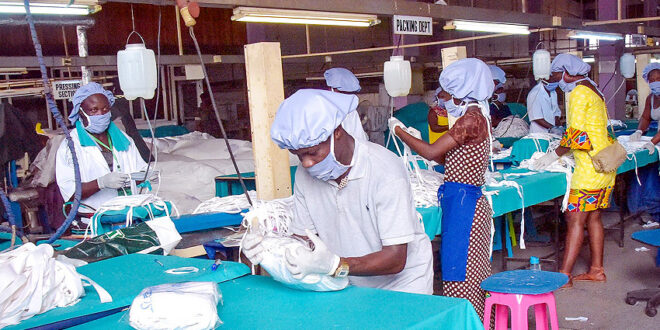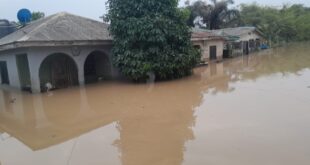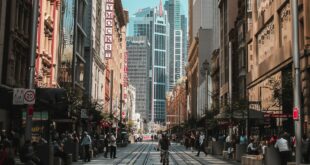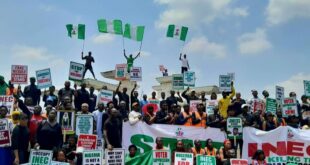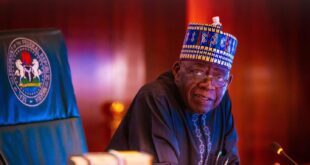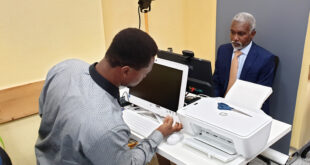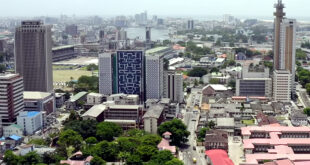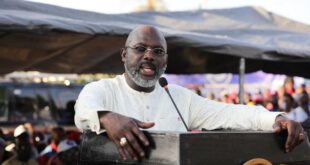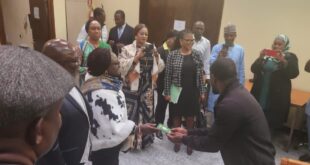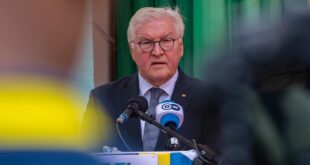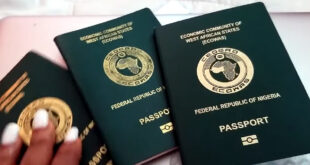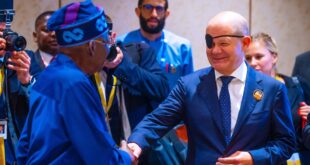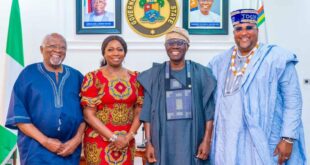The crisis caused by the coronavirus pandemic has revealed the capacity of Africa to do things for itself. That was the view expressed on Thursday by Gherrabi Mohammed, a Moroccan journalist, at an international video conference organised by The African Network of Germany (TANG) on the global health crisis.
“We should thank God that the pandemic has so far spared Africa its worst effects,” Mr Mohammed told the virtual meeting tagged TANG Clarifies – the Situation in Africa.
“We should be happy that the horror scenarios predicted by WHO and other organisations have failed to materialise,” he added. “They did not know that African leaders could react appropriately to contain the spread of the virus in their countries.”
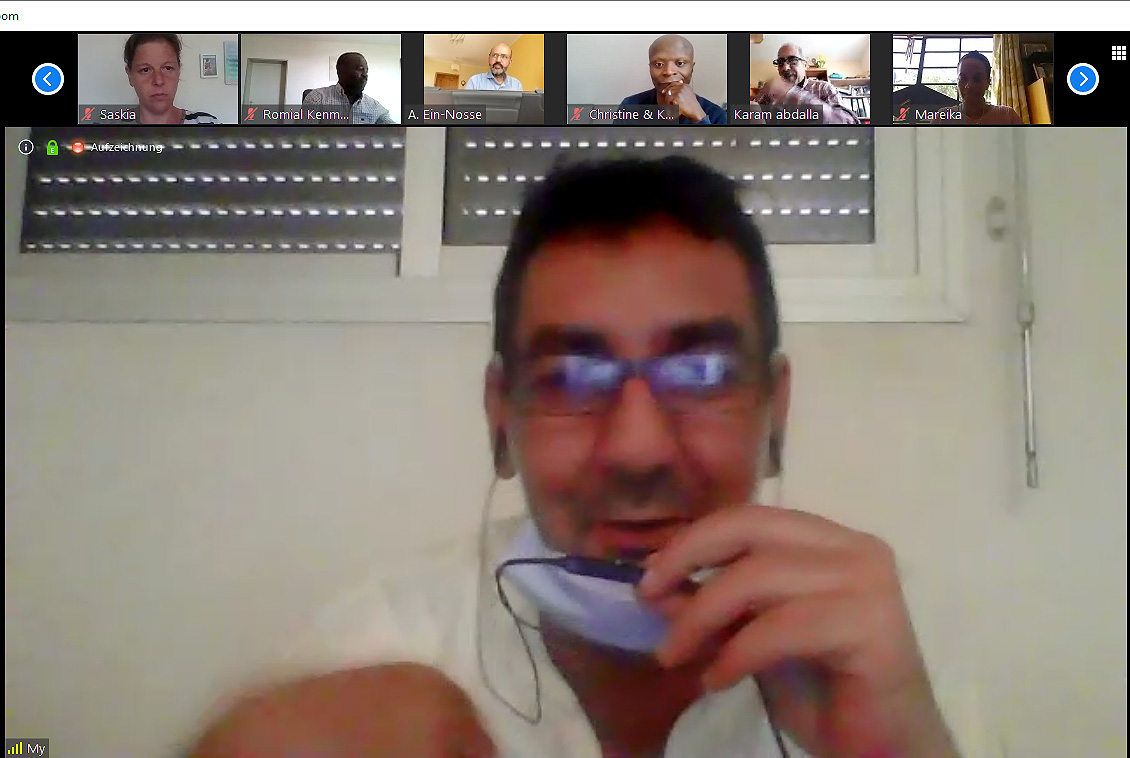
The Moroccan journalist praised African leaders for being able to protect their populations despite their weak economies and inadequate healthcare infrastructure.
“All African countries took the situation very seriously and took early measures to stop the virus from spreading,” he said while making a presentation on the situation in Morocco regarding the pandemic.
The first coronavirus case was discovered on 2 March in Morocco, he said. And two weeks later, all schools, universities and public places across the nation were closed. A few days later, the government put the entire country under lockdown and the wearing of mouth-nose masks in the public became compulsory, Mohammed narrated. Morocco is currently under a state of emergency until 20 May.
With 5,408 infected persons, 2,017 recovered patients and 183 deaths so far, the Kingdom of Morocco has survived the corona crisis comparatively better than many other countries.
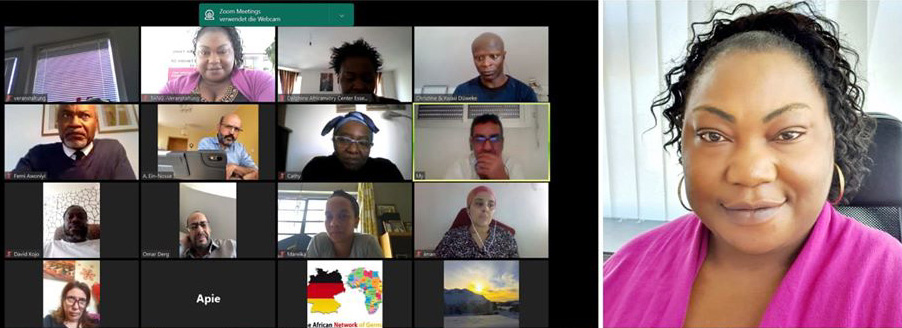
Civil society, religious leaders and state authorities in the country launched a successful awareness-raising campaign to keep the corona pandemic under control, he told conference that was attended by 30 participants.
Morocco’s textile industry quickly adapted to the new situation becoming a major producer of personal protective gears for health workers and the public, Mohammed explained. After ramping up production to respond to immediate needs, Morocco currently produces seven million fabric masks per day, 50 per cent of which are exported to the hardest-hit European countries, such as Spain and France.
Moreover, Moroccan scientists and engineers also developed a ventilator which they mass produced for the use of the country. Meanwhile, Morocco has sold 400 units of the ventilator to the US.
“This crisis shows that Africa is not helpless as it’s often portrayed,” Mohammed added.
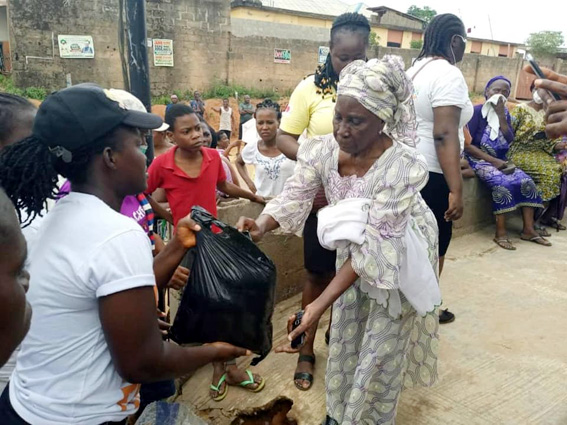
“Africans should start believing in themselves. This crisis shows that Africa can build sophisticated devices; it shows that it can mobilise its people to defeat a crisis,” he enthused.
The journalist also praised the solidarity shown by ordinary Africans to their vulnerable compatriots which helped to prevent the pandemic from causing more suffering due to the lack of public social welfare systems.
“The coronavirus pandemic has opened the eyes of the Africans themselves that they’re capable of doing things themselves. They don’t need the help of anybody,” Mohammed repeated.
“Africans should use the opportunity of this crisis to rediscover their strengths.”
Journalists and humanitarian workers from Cameroon, Ghana and Nigeria have also participated in the video conference series. Issues highlighted by participants from Africa include social hardship imposed on poor people by lockdown measures, lack of adequate supplies and equipment in hospitals and how fake news and superstitious beliefs hamper awareness campaigns.
Femi Awoniyi
 THE AFRICAN COURIER. Reporting Africa and its Diaspora! The African Courier is an international magazine published in Germany to report on Africa and the Diaspora African experience. The first issue of the bimonthly magazine appeared on the newsstands on 15 February 1998. The African Courier is a communication forum for European-African political, economic and cultural exchanges, and a voice for Africa in Europe.
THE AFRICAN COURIER. Reporting Africa and its Diaspora! The African Courier is an international magazine published in Germany to report on Africa and the Diaspora African experience. The first issue of the bimonthly magazine appeared on the newsstands on 15 February 1998. The African Courier is a communication forum for European-African political, economic and cultural exchanges, and a voice for Africa in Europe.

